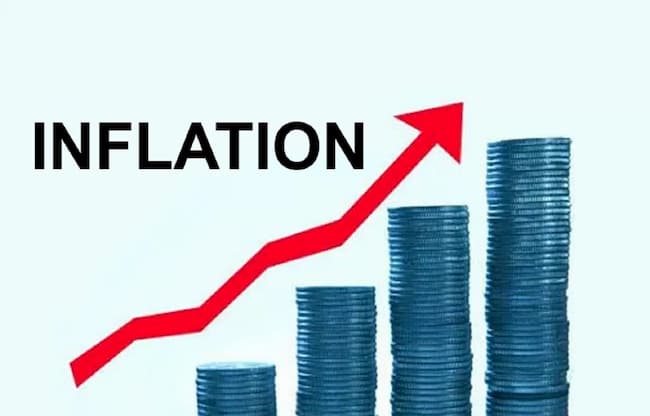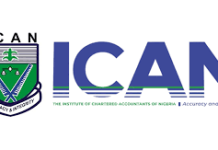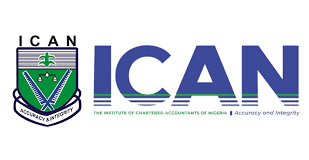Nigeria is set to experience a further increase in its inflation rate for October 2024, according to insights from several economists. This follows a recent increase in September’s inflation rate, which stands at 32.70% year-on-year (YoY), up from 32.15% in August. This upward trend comes after brief relief in July and August when inflation slightly eased to 33.40% YoY in July from 34.19% in June.
Economic experts link the anticipated surge in inflation to factors such as escalating food prices, higher energy costs, ongoing foreign exchange (FX) volatility, and an increase in money supply.
Experts Share Their Insights
Dr. Ayodeji Ebo, Managing Director and Chief Business Officer at Optimus by Afrinvest, predicts an increase in inflation on both a yearly and monthly basis due to several contributing factors:
- Rising petrol and gas prices driven by the government’s complete removal of fuel subsidies.
- Reduced food harvests caused by severe flooding and security challenges in key agricultural regions.
- FX volatility affecting the prices of imported food items.
- Higher electricity tariffs, particularly as more consumers are moved into Band A.
Dr. Ebo projects a headline inflation rate of 2.55% month-on-month and 33.8% YoY for October.
Similarly, Mr. Olatunde Amolegbe, Managing Director of Arthur Steven Asset Management Limited, expects inflation to rise by 50 to 100 basis points. He attributes this to the lingering impact of the September fuel price hike, increased transportation costs, and the naira’s devaluation.
Samuel Oyekanmi, Research and Insight Lead at Norrenberger Financial Group, anticipates a slight increase in inflation, estimating it at 33.1% YoY for October. He identifies energy prices, particularly petrol, as the primary drivers. Given persistent inflationary pressures, he expects the Central Bank of Nigeria (CBN) to maintain its current tight monetary policy stance.
Key Factors Driving Inflation
- Energy Costs: Escalating fuel prices and higher electricity tariffs are raising production and logistics expenses. The Nigerian National Petroleum Corporation (NNPC) recently hiked petrol prices to N1,030 per litre in Abuja and N998 in Lagos, contributing to inflationary pressures.
- Food Inflation: Food inflation surged to 37.77% YoY in September 2024. Factors such as insecurity, flooding in agricultural areas, and limited access to finance for farmers are driving this trend. A recent market survey in Lagos shows that the price of a bag of beans increased by 9.5%, while some brands of 70g noodles saw prices jump by up to 19.8%.
- Excess Money Supply: The broad money supply (M3) grew by 15.16% YoY to N108.97 trillion in September 2024, driven by increased government spending and domestic and foreign asset growth. Despite the CBN’s aggressive interest rate hikes, excess liquidity remains a challenge.
- FX Volatility: Continuous FX instability weakens the naira, raising the cost of imported goods. Imported food inflation increased by 1.20%, reaching 39.51% YoY in September. The CBN has introduced measures to stabilize the naira, such as resuming dollar sales to Bureau De Change operators and addressing a $1.5 billion FX backlog. However, these initiatives have yet to deliver significant relief as inflation pressures persist.
Outlook
Economists foresee a further increase in October’s inflation rate due to ongoing economic challenges. The combination of rising energy costs, FX volatility, and disruptions in agricultural production is likely to sustain upward pressure on inflation, posing additional challenges for the Nigerian economy.













